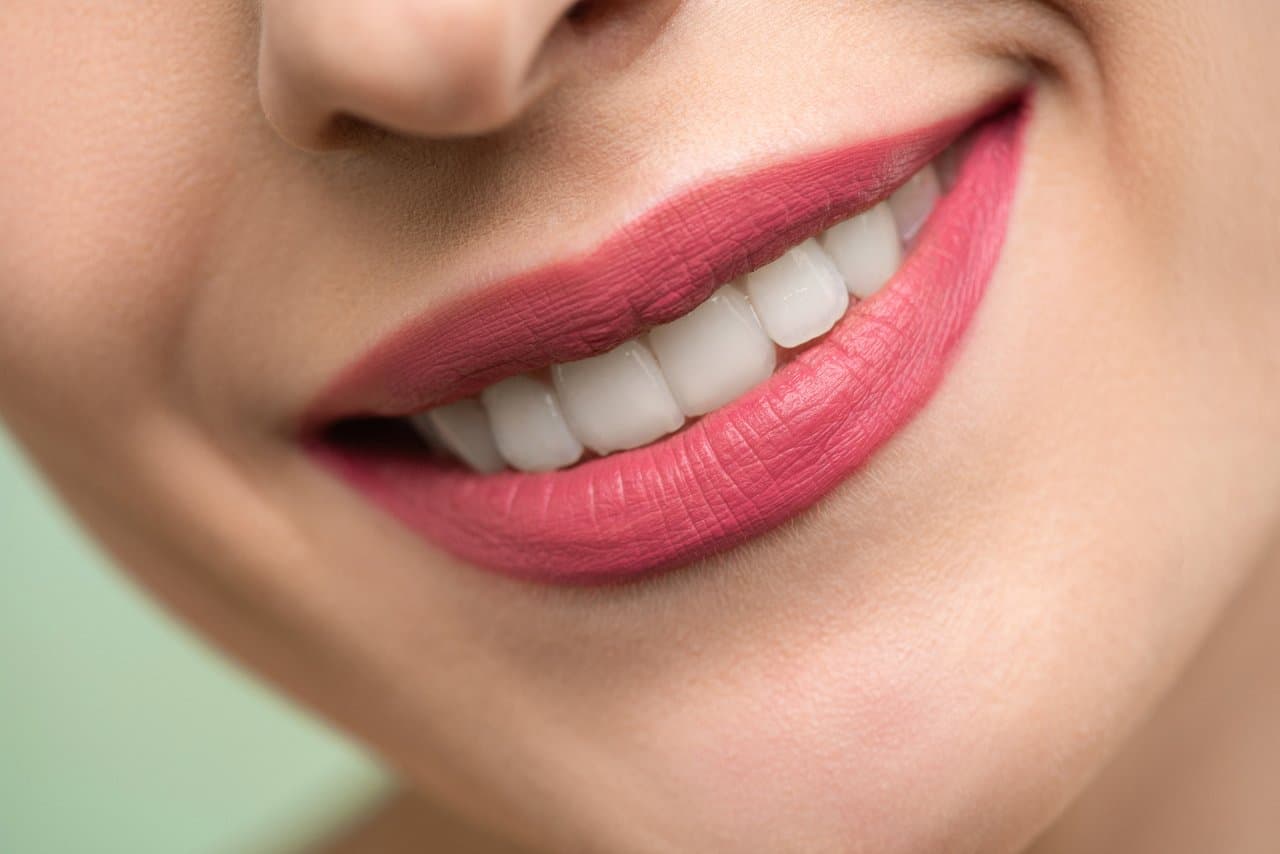How many teeth do we have? If you are confused about oral health, and luckily, we have the answers that you seek.
Are Teeth Considered Bones?
Our bones and teeth share many similar characteristics, but they’re not identical. Both of them are dependent on calcium, and they are living structures inside the body, even though they’re not soft and warm like the rest of our body parts and organs.
One of the biggest differences between teeth and bones is their durability.
Teeth are considered the hardest substance in the human body. What makes them harder and more durable than bones is the fact that they are covered with dentin. Dentine or dentin is a type of mineral-bound organic tissue that comprises much of what we see as teeth. Dentin is naturally yellowish, and it is the second hardest organic tissue in the body. Dentin is produced by cells at the core or pulp of teeth.
Does everyone have 32 teeth?
The average adult man or woman should have 32 teeth. Adult teeth are usually complete by the age of 13, except wisdom teeth. Wisdom teeth comprise the 3rd group of molars. These molars usually ‘arrive’ much later than expected – normally from age seventeen to twenty-five. Wisdom teeth are often surgically removed because they hurt a lot, and they are usually impacted. Wisdom teeth become impacted because of their positioning in the mouth.
They arrive at the very rear part of the mouth, and by the time they are ready to come out, there is already a set of fully formed adult teeth. They need to compete for space in this scenario, and their presence can spell doom for healthy molars if they are not removed.
There are also instances when they become physically trapped as they move downward. When wisdom teeth are trapped, there is immense physical pain involved. The jawbones and the gums can become inflamed as well.
Another issue with wisdom teeth is they usually descend at the wrong angle, which makes them automatically press against other teeth. The pressing down can cause pain and eventual damage to the tooth structure. In many instances, the mouth of the person is not big enough to accommodate two more molars.
How many teeth do kids have?
Baby teeth erupt at a young age. Fun fact: milk teeth are developed while babies are still in the womb. However, they do not erupt or descend until the child reaches a certain age.
Baby teeth begin to emerge at six months to twelve months of age. When all of the teeth have emerged, you can count up to twenty of them on average. Baby teeth are normally complete in the year that a child reaches three years of age. By five or six years old, the milk teeth begin to wiggle out of place. The permanent teeth are emerging at these points.
Why do I only have 28 teeth?
28-30 teeth are the average number of adult teeth in men and women. There is absolutely nothing wrong with having 28 teeth. Most of the time, the pair of molars that emerge later in life are no longer counted because they have to be removed. It’s rare for wisdom teeth to descend properly as they easily cause damage to surrounding teeth structures. So the average count for teeth is pegged at 28 instead of 30.
How to Keep Your Teeth Healthy
There are several ways to keep your teeth healthy. What people say is calcium buildup on teeth may not be calcium at all. Such a buildup may be tartar, and that’s harmful to your oral health. Below are some quick and convenient oral care tips for everyone who wants better teeth and better oral hygiene.
- Brush often. This may sound like something from primary school, but it is recommended that you brush your teeth even late in life. You need to do it regularly and especially before you go to sleep. Why? Food acids can damage your teeth while you sleep. Brushing them away is the best way to reduce damage to the teeth caused by food acids.
- Brush your teeth the right way. Not brushing your teeth, the right way is just like not brushing your teeth. You need to take your time. Move the brush in a circular fashion focus on removing plaque and bits off food. Don’t brush too hard as you may end up scratching your tooth’s enamel. Also, brushing too hard can damage the gum structure.
- Clean your tongue. Yes, we know that your tongue isn’t your teeth, but it can also become a hotspot of bacteria and plaque—gentle brush your tongue to remove plaque and bits of food. If you forget to cleanse your tongue, you may suffer from halitosis later on in life. Clean your tongue every time you brush.
- Use the right toothpaste. Always use toothpaste with fluoride in it. Fluoride is an excellent cleaning agent, and it’s also excellent in protecting teeth from further damage.
- Floss, floss, floss. Some people neglect to floss because they think brushing is enough. While brushing is important, it can’t do everything. Bristles can’t get between the gap between the teeth – but floss can. Flossing helps remove solid bits of food that have been stuck between the teeth. These bits of food can cause tooth decay fairly easily. You have been warned.
- Use some mouthwash. Rinsing with water is alright, but you can get extra protection by using a mouthwash with fluoride and other ingredients that prevent tooth decay.
How to Make Your Teeth Whiter?
The simplest way to make your teeth whiter is by using a toothpaste that has a whitening component. You can also try cleaning with baking soda paste. Combine baking soda with a few drops of hydrogen peroxide and clean your teeth gently with the paste. Make sure you gargle and rinse with generous amounts of water afterward.

